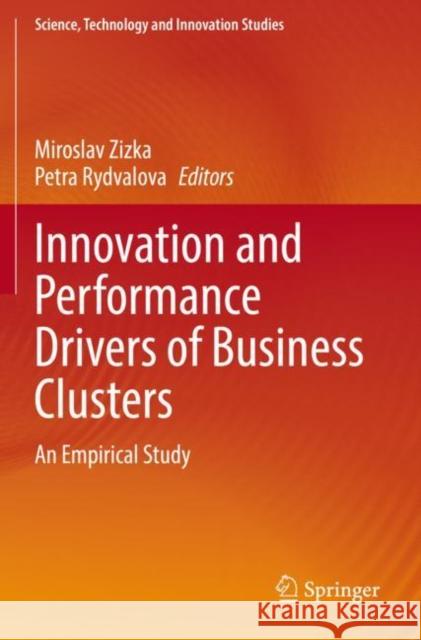Innovation and Performance Drivers of Business Clusters: An Empirical Study » książka
topmenu
Innovation and Performance Drivers of Business Clusters: An Empirical Study
ISBN-13: 9783030799090 / Angielski / Miękka / 2022
This book highlights the importance of clusters for the competitiveness of companies and is divided into three interrelated parts. The first part focuses on localization economics, cluster theory, the role of innovation, and innovation partnerships in cluster formations. The second part of the volume presents original research carried out from 2018 to 2020 in the field of both natural clusters and organized clusters. In addition to examining the impact of cluster membership, the contributions also focus on additional factors that may affect the financial performance of companies.
In the third part, an additional survey and case studies are presented, to examine the specifics of family businesses in selected industrial districts of the textile, glass, and jewelry industries. A broader overview of the development of dominant industries in the selected districts is provided, for an easier understanding of the relationships of competition among companies and locations in the business clusters. The book evaluates implications for microeconomic and macroeconomic policies and provides proposals for corporate inter-organizational behavior.
This volume addresses scholars and researchers of economics, business, and management, as well as policy-makers and practitioners interested in a better understanding of innovation and performance drivers of business clusters.











